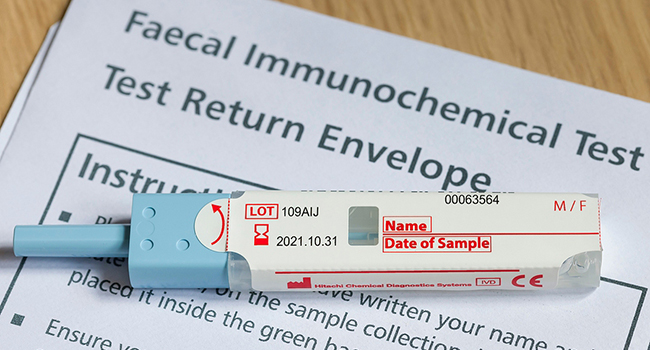
Neighborhood context can shape opportunities and barriers for residents to access healthcare and cancer screening in various ways. The neighborhood context refers to the physical, social, economic, and environmental conditions in which people live. It includes factors such as the availability and accessibility of healthcare services, the quality of housing and infrastructure, crime and safety, and the community's social cohesion and cultural norms.
Neighborhood context can also impact access to cancer screening specifically. If a neighborhood lacks adequate transportation, residents may struggle to travel to screening appointments, leading to missed early detection and treatment opportunities. Areas with high pollution levels or other environmental hazards may also increase cancer risk, making screening and early detection even more critical.
Clinical Trial
In a clinical trial, investigators examined how effective a screening intervention was for colorectal cancer and whether its success varied depending on the neighborhood's socioeconomic status. The study randomly assigned patients in San Francisco to receive either a multicomponent intervention, including mailed fecal immunochemical test kits, or to receive usual care. The addresses of nearly 10,000 patients were then analyzed and sorted by neighborhood socioeconomic status.
The results showed that the intervention improved completion rates for the screening test compared to usual care. The success of the intervention remained relatively high irrespective of the neighborhood's socioeconomic status. This means the intervention can improve access to cancer screening without creating disparities based on socioeconomic status.
This is an important finding because colorectal cancer is the second leading cause of cancer deaths in the United States, but it can often be prevented through screening. By increasing access to screening for all individuals, regardless of their neighborhood, we can work towards reducing the burden of this disease. Implementing mailed fecal immunochemical test outreach can be an effective way to achieve this goal.
Conclusion
Overall, this study highlights the importance of considering neighborhood context when designing healthcare interventions. By identifying and addressing the unique challenges faced by residents in different neighborhoods, healthcare providers, policymakers, and community organizations can work towards creating equitable healthcare access and reducing disparities in cancer screening and prevention efforts.
__________

